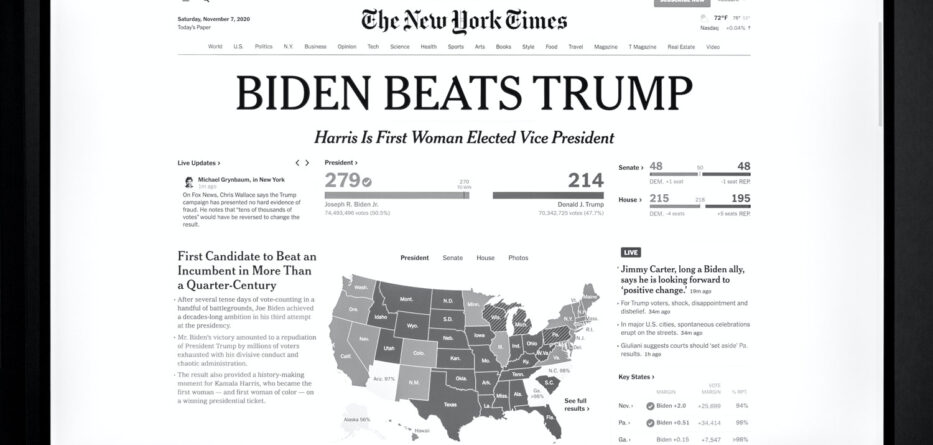SEATTLE — The Trump campaign is challenging the results of the election in court, but so far is coming up short in proving allegations of voter fraud.
President Donald Trump has lawsuits in a handful of states. In Pennsylvania, his campaign won a small victory in state court, ruling that officials must segregate a small number of mail-in ballots in case the secretary of state’s extended deadline to receive them is found unconstitutional. But Lisa Manheim, an associate professor at the University of Washington School of Law, said she’s seen no evidence of fraud that could change the election outcome.
“Voter fraud is a serious allegation, and it needs to be backed up with actual evidence,” she said. “And it’s that evidence that we are just not seeing any degree of, in an amount that could possibly overturn the result of the election.”
Manheim noted that even if the extended deadline in Pennsylvania is ruled unconstitutional, the court wouldn’t decide to overturn the outcome of the vote. Instead, it would adjust the count by the number of ballots identified in the lawsuit. President-elect Joe Biden’s lead is more than 45,000 votes in the Keystone State.
This week, U.S. Attorney General William Barr authorized the Department of Justice to investigate voter-fraud claims. Manheim said Barr can do that under the law, as long as the DOJ investigates credible allegations.
“If DOJ goes further than that,” she said, “the question becomes not only a legal one, but a question of what message the Department of Justice is sending.”
In his role as president, Manheim said, Trump is mostly a bystander when it comes to legal challenges to election results.
“The law gives a sitting president essentially no legal role to play at all in the resolution of an election,” she said. “As a candidate, a sitting president is able to file lawsuits — but that’s true of any candidate.”
She added that this isn’t the first — and won’t be the last — disputed election, but noted that Trump’s claims of a “stolen” election aren’t normal.
“Disputed elections are pretty common, and that’s why we have well-established legal procedures in place to resolve those disputes,” she said. “What is not common about what’s going on, what is actually unusual about this election, is the rhetoric.”
Support for this reporting was provided by the Carnegie Corporation of New York.






